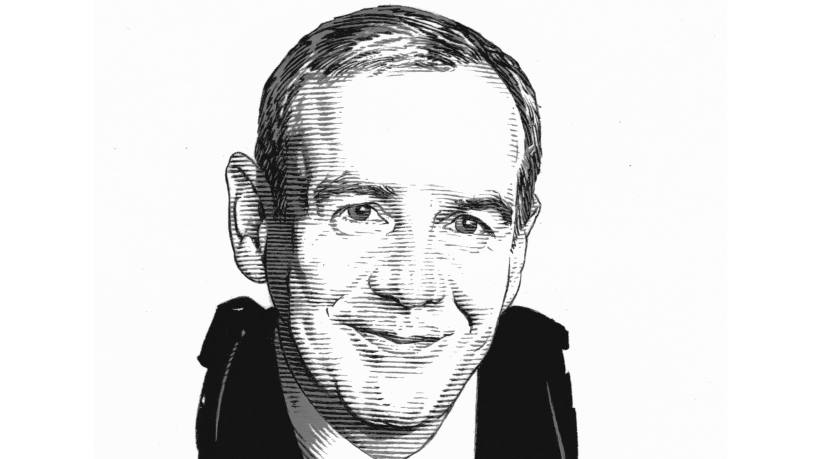The favourite excuse from governments and businesses for not doing more to combat climate change is that China isn’t doing enough. As China is the world’s largest carbon emitter, commentators in the west have argued that without China on board, doing nothing was a reasonable option.
But following the announcement by president XI Jinping that China will become carbon neutral by 2060, the game has changed. Any bank without a well thought-out strategy for managing climate risk is living in cloud cuckoo land and will eventually see its profits fall.
As things stand, McKinsey estimates that 15% of European bank assets are at risk from economic changes due to climate change policies. Mostly these assets are in old industry sectors such as power, mining, transportation and construction where new greener methods are making old technology obsolete. Banks that do not move with the times will find they are stuck with these stranded assets.
McKinsey estimates that 15% of European bank assets are at risk from economic changes due to climate change policies
Other at-risk lending that banks should be monitoring are ones that would be impacted not so much by changing regulation as by the direct consequences of climate change itself. For example, residential property damaged by floods and fires and farms facing crop failures.
But as with every challenge, combating climate change also brings opportunities. The alternative energy market is on a growth trajectory and vast swathes of industry will need to be refitted and adapted to a carbon neutral world. Private houses will need to be built or converted so they can run on environmentally-friendly power.
The smartest banks have already appointed a climate risk officer and done an assessment of counterparties in terms of climate risk factors. Bankers who were making the case for a strategic change in their organisations and getting nowhere should now be galvanised into revisiting the issue. After all, if China is serious about climate change can your bank really afford to be left out?
Brian Caplen is the editor of The Banker. Follow him on Twitter @BrianCaplen
Register to receive my blog and in-depth coverage from the banking industry through the weekly e-newsletter.





